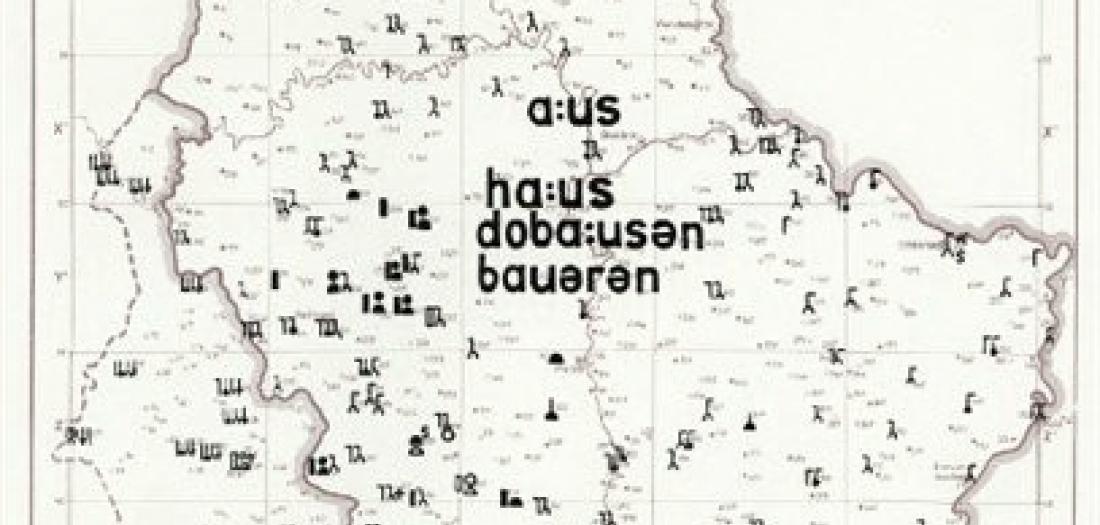The digital Luxembourg language atlas is available online in the regional language portal
Research platform regionalssprache.de expanded
28.07.2017 | General

Following the groundwork of Robert Bruch, the Linguistic Atlas of Luxembourg was published in print by Erich Schmitt in 1963 whose edition is no longer available today. Edited by Prof Dr Claudine Moulin (Trier) in cooperation with the University of Trier, the Université du Luxembourg (Prof Dr Peter Gilles), and the 'Deutscher Sprachatlas' (Prof Dr Jürgen Erich Schmidt, Marburg) and supported by the Fond National de la Recherche, the atlas saw its digital publication and was made available online with additional material in 2003. Only recently, a further step was taken to make the Luxembourg Linguistic Atlas (LuxSA) more readily available by including it into the research platform reginalsprache.de hosted by the Marburg research centre 'Deutscher Sprachatlas'.
The LuxSA is of particular value not only for research in Luxembourgish and linguistics. Integrating the LuxSA into reginalsprachen.de enables scientists to answer questions regarding the geography of languages such as those concerning dialectal phenomena of the Mosel region and central Germany.
The LuxSA charted data are part of a central data base allowing for the compatible display and comparative analysis of relevant data. Maps focusing on certain words, e.g. 'Dorf' and 'Korb', can be superimposed independent of size, zoom, or scale, enabling the direct comparison of their regional usage. The linguistic maps of Luxembourgish can also be compared to maps from other linguistic atlases such as the German Linguistic Atlas and the Linguistic Atlas of Middle Rhenish Dialects. Additionally, geo-referencing on the basis of Google Maps data enables the research of the interconnections between language area and natural environment. Complementing the dialect data are the questionnaires used to collect the data as well as recordings of spoken language.
Contact:
Prof Dr Claudine Moulin
moulin uni-trier.de (moulin[at]uni-trier[dot]de)
uni-trier.de (moulin[at]uni-trier[dot]de)
Trier Center for Digital Humanities

